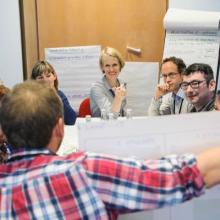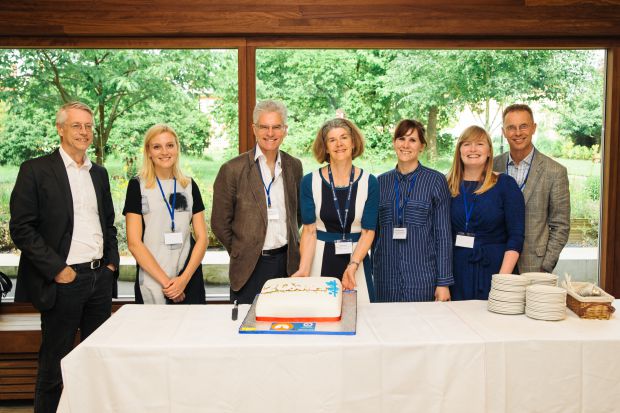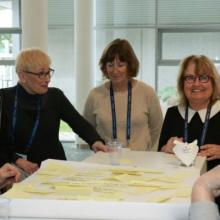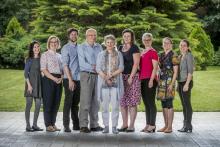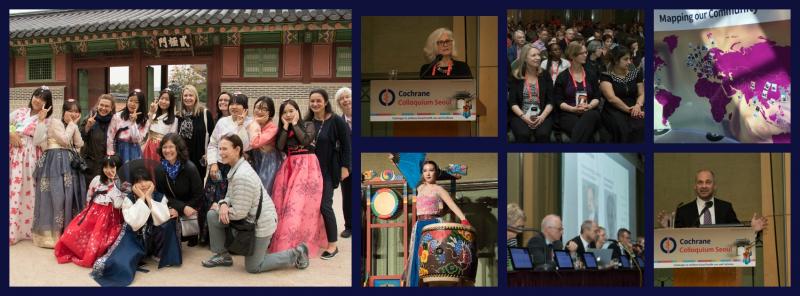
We are pleased to provide an update on Cochrane’s open access policy, which has been in place since February 2013. The open access policy aims to broaden access to Cochrane Reviews (including protocols) and generate greater impact. Since February 2013, Cochrane Reviews have been free to view 12 months after publication (green open access) via the Cochrane Database of Systematic Reviews (CDSR) in the Cochrane Library. Alternatively, authors have had a choice to select a Creative Commons licence for immediate open access upon payment of an article publication charge (gold open access). In October 2015, the Cochrane Steering Group reviewed this policy and approved some extensions to it. As a result of this we have been completed two key developments to allow Cochrane Reviews to be accessed more easily and openly. The first change is to make protocols for Cochrane Reviews free to view immediately upon publication in the CDSR, and the second change is to automate the process of depositing Cochrane Reviews in PubMedCentral. We anticipate that these changes will lead to greater dissemination of Cochrane Reviews and an increased impact from our current open access policy. Full details of these changes are below and in the Cochrane Editorial and Publishing Policy Resource (EPPR).
Changes to the open access policy
The Cochrane Steering Group approved the following changes to the Cochrane’s open access policy for Cochrane Reviews and protocols for Cochrane Reviews (http://community-archive.cochrane.org/news/tags/authors/cochrane-steering-group-announces-main-decisions-meeting-vienna):
- Protocols free to view upon publication
- Cochrane Reviews deposited in PubMedCentral and available to users 12 months after publication in the Cochrane Database of Systematic Reviews (CDSR).
Protocols free to view upon publication
Protocols have been free to view in the CDSR in the Cochrane Library (www.cochranelibrary.com) since 1 March 2016. Details of this change are in the EPPR.
Cochrane Reviews deposited in PubMedCentral
Cochrane Reviews published from 21 September 2016 onwards are being deposited in PubMedCentral on the authors’ behalf. As described in the policy details, the contact author for the review will need to approve deposition. The Cochrane Reviews will be available to view in PubMedCentral 12 months after publication in the CDSR.
These changes are reflected in the updated open access policy in the EPPR:
- Open access options for the Cochrane Library (link)
- Posting Cochrane Reviews and Protocols in Scholarly Collaboration Networks (SCNs) and repositories, including PubMedCentral (link)
Changes to the licence for publication forms
The licence for publication forms for Cochrane Reviews and protocols for Cochrane Reviews have been updated to reflect the changes in the open access policy along with some other general updates. The updated versions are now in Archie for authors to sign (and replace previous versions). The process to sign licence for publication forms has not changed. All versions are also available to view in full, along with introductory information, in the EPPR (link).
The updates include changes in the standard licences (for green open access) and Creative Commons licences (for gold open access), the PAHO and WHO addenda for standard licences, and new PAHO and WHO addenda for Creative Commons licences. Version numbers have been applied to the licences. See the EPPR for a list of the changes across versions.
As an example, the following changes were made to the updated standard licence for publication form:
- Field added for digital object identifier (DOI) version number.
- Revised authorship criteria for consistency with ICMJE criteria. (Authorship policy also updated in line with this: http://community.cochrane.org/editorial-and-publishing-policy-resource/ethical-considerations/authorship-and-contributorship)
- Authors are directed to the Cochrane Editorial and Publishing Policy Resource for Cochrane’s updating policy.
- Removed text about Cochrane Review Group approval ahead of publication (now located in the EPPR: link).
- Updated the following author rights:
- Revised the rights to post in repositories and Scholarly Collaboration Networks (SCNs).
- Added sharing rights with colleagues.
- Updated hyperlinks and minor text edit updates, including the addition of generic email addresses for all Wiley contacts and directing authors to Rightslink for permission requests.
The updated versions of the licence for publication forms are included in Archie and replace the previous version. General information about the forms is also available in the EPPR.
Contacts for questions
- Cochrane’s open access policy: David Tovey, Editor in Chief, dtovey@cochrane.org
- Licence for publication forms: Harriet MacLehose, Senior Editor, hmaclehose@cochrane.org
Best wishes,
David Tovey
Editor in Chief, Cochrane Library



